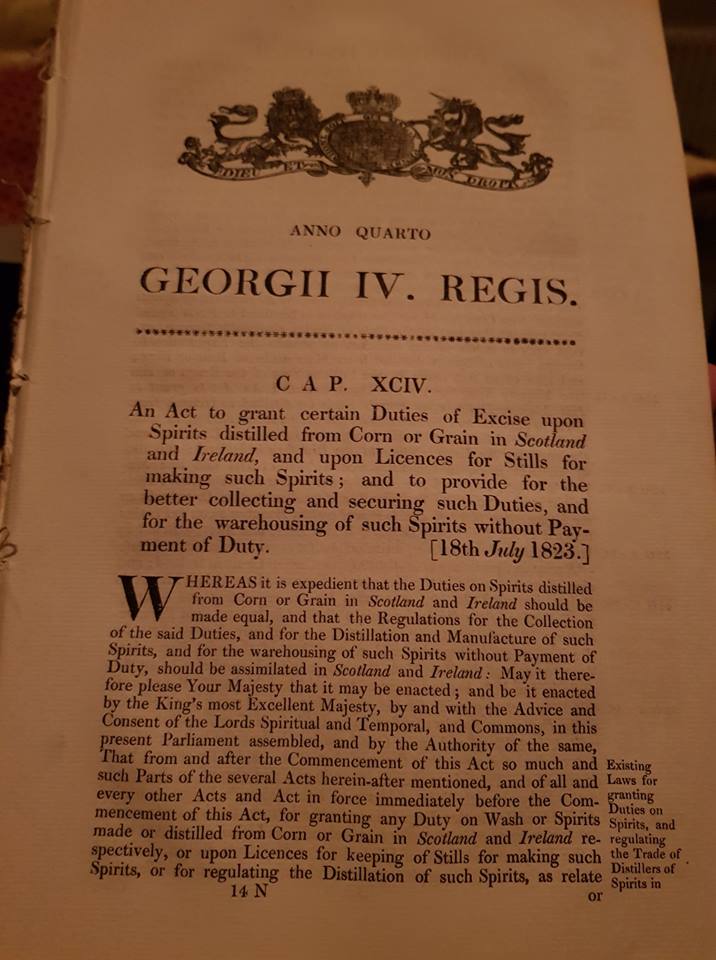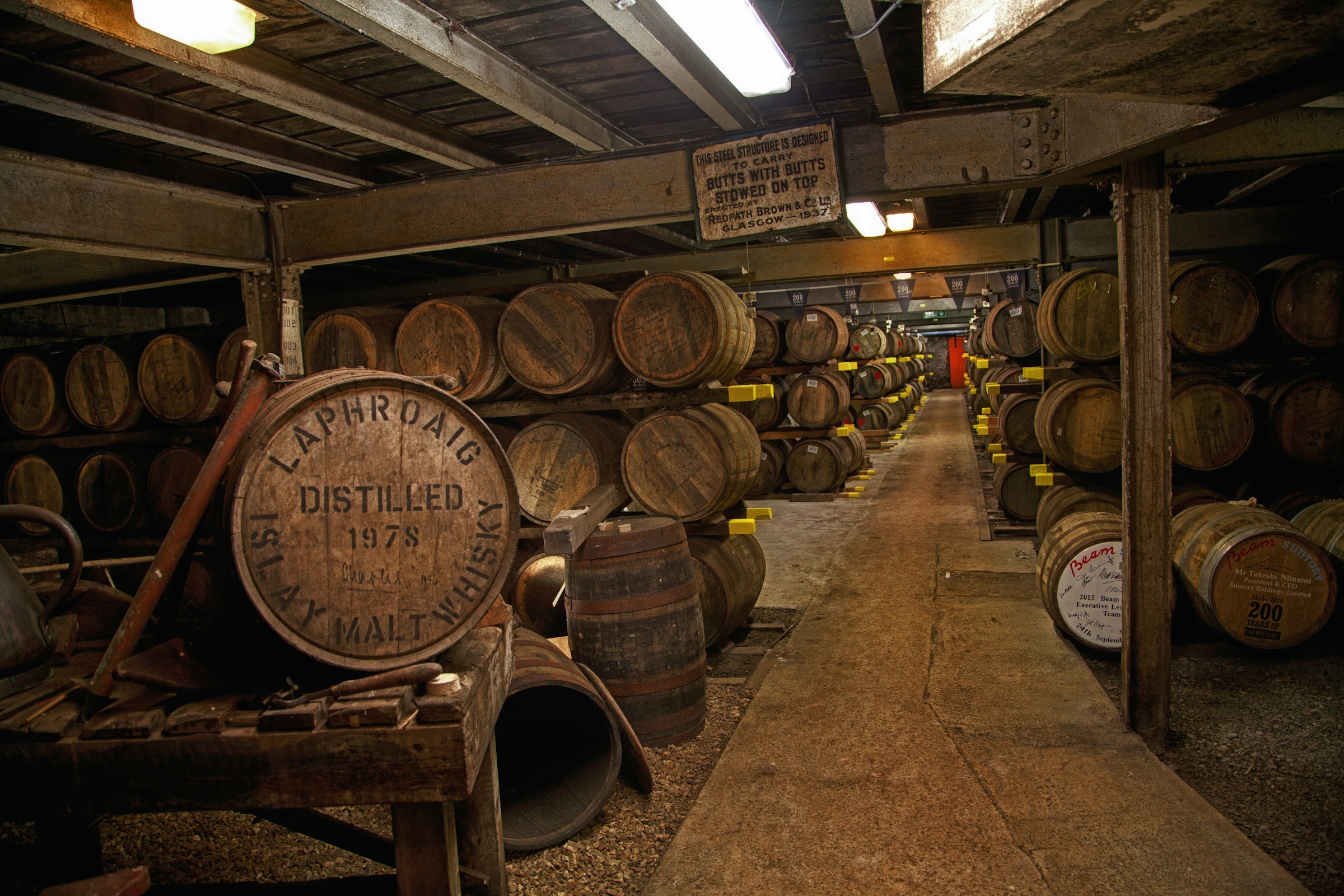The British government passed the Scottish whisky excise act, also known as the Excise Act of 1823, to increase revenue and exert more control over the whisky industry in Scotland. Prior to the act, the production of whisky in Scotland was largely unregulated and the excise tax on the spirit was relatively low. However, this law greatly impacted the production and distribution of whisky in the country.
The impact of the Excise Act of 1823 was immediate and far-reaching. The increased tax hit small-scale producers hard, forcing many of them out of business. Those who remained in the industry were forced to find ways to produce and distribute their whisky without drawing the attention of the government’s excise officers. This led to the rise of illegal, or “moonshine” whisky production, which continued for many years despite the government’s efforts to stamp it out.
The act also led to the consolidation of the whisky industry in Scotland. With the increased tax, it became more difficult for small-scale producers to compete with larger, more established distilleries. As a result, many small distilleries were forced to merge with or sell out to larger ones in order to stay in business. This ultimately led to the creation of several large, powerful distilleries that dominated the Scottish whisky industry for many decades.

Despite the negative impact of the Excise Act of 1823 on the whisky industry in Scotland, it ultimately paved the way for the development of the high-quality, aged Scotch whiskies that are so highly prized today. The act’s regulations and the need for distillers to find ways to evade them led to the development of new methods for producing, aging, and distributing whisky. These methods, along with the use of high-quality ingredients, helped to create the unique flavor and characteristics of Scottish whisky that we know today.
One of the most famous effect of this act is the creation of the illicit stills in Scotland, the smugglers of illegal distilleries that are still exist today and formed an important chapter in the history of Scottish whisky. Now these distilleries, passed down through generations, became legal and some of them are part of the Scotland’s national heritage.
